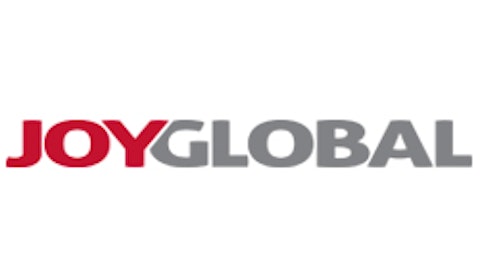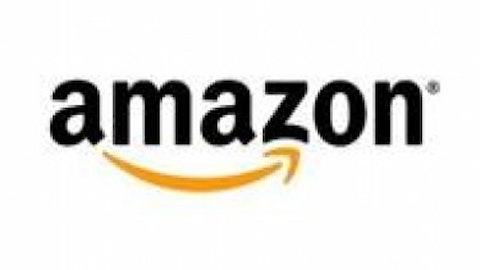Google Inc. (NASDAQ:GOOG) won the first major round in a copyright infringement lawsuit against Oracle Corporation (NASDAQ:ORCL) last year revolving around the use of Java coding in the Android operating system. It was a decision that rattled the technology industry, especially those firms that make various software and coding programs that can or are used across different platforms like an Apple Inc. (NASDAQ:AAPL) Mac OS, an Android system or a Windows operating system by Microsoft Corporation (NASDAQ:MSFT).
Well, Microsoft is certainly a company that focuses a lot on software and coding, so it might make sense that as the Google Inc. (NASDAQ:GOOG) v. Oracle Corporation (NASDAQ:ORCL) moves to the Ninth U.S. Circuit Court of Appeals, Microsoft Corporation (NASDAQ:MSFT) would desire to take a position in this case. The desire has turned to action, as Microsoft lawyers have submitted an amicus brief in the appeal case, taking a stand in support of Oracle and its Java code, asking that the lower court decision be overturned and to find that Jave code can be copyrighted and that Google infringed on that copyright when it created the code for the Android OS.

In its brief in support of Oracle Corporation (NASDAQ:ORCL), Microsoft Corporation (NASDAQ:MSFT) predicted dire consequences in software creation if the Java code is not held up with copyright protection. Microsoft is focusing mainly on Oracle’s argument that “non-literal” elements of code should be copyright protected. Microsoft wrote about the “structure, sequence and organization” (SSO) of software code is a distinctive signature in coding and that should be basis for copying, beyond more than the actual literal copying of code.
The SSO “can, in some instances, be protected by the copyright in the work.” Thus, violations can be found in cases like this, “even when the defendant did not copy the underlying developers’ code,” Microsoft wrote, because the defendant copied “some other, non-literal element of the software.” The brief continued: “To be clear, amici do not suggest that those [structure] elements of every computer program are copyrightable, or that copyright in Oracle’s Java platform would prevent second-comers from using the platform to foster further software development or create competing products. But the promise of some threshold copyright protection … is a critically important driver of research and investment … and rescinding that promise would have sweeping and harmful effects throughout the software industry.”
Oracle Corporation (NASDAQ:ORCL) makes the case for its appeal vs. Google Inc. (NASDAQ:GOOG) in a metaphor of a writer, Ann Droid, who tried to write a Harry Potter book. She copies the topic sentences and the chapter headings of the original Potter work word-for-word, but then paraphrases the rest of the book and slaps on a different book title and tries to sell it as an original work. J.K. Rowling then sues for copyright infringement, and Oracle makes the argument that Ann Droid’s defense that “most of the book was written from scratch” would not fly – and thus neither should Google Inc. (NASDAQ:GOOG) arguments in this case.
What do you think? What do you see are the ramifications of this decision, one way or the other? Do you think Oracle Corporation (NASDAQ:ORCL) has a case in this appeal? We’d like your thoughts in the comments section below.
DISCLOSURE: I own no positions in any stock mentioned.
Please see these related MSFT and GOOG articles:
Is Google Working on a Chrome Touchscreen Device?





